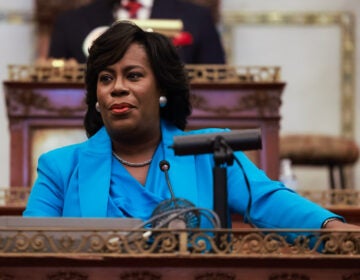Defendants shedding no tears for Philadelphia’s traffic court
-
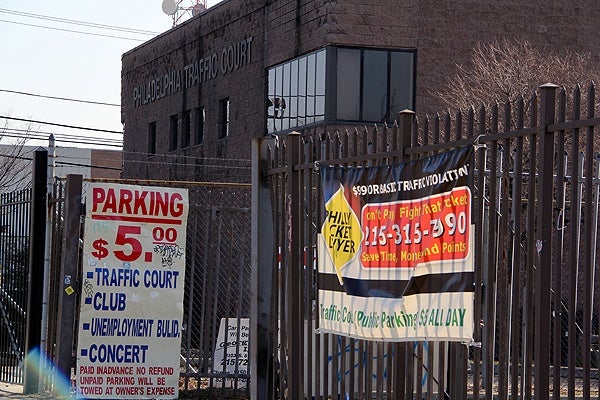
Philadelphia Traffic Court at 8th and Spring Garden streets. (Emma Lee/for NewsWorks)
-
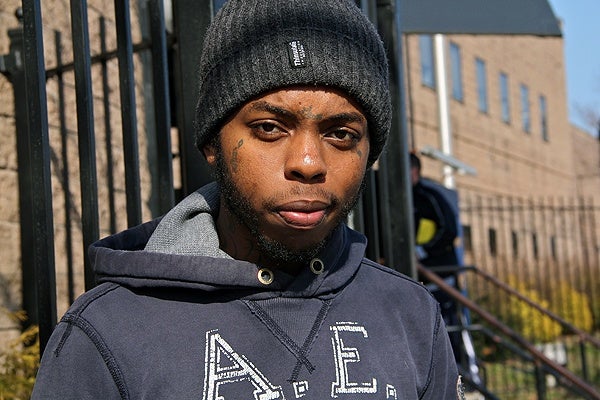
Leroy Purnell leaves Philadelphia Traffic Court feeling frustrated. "All they want is your money!" he said. (Emma Lee/for NewsWorks)
-
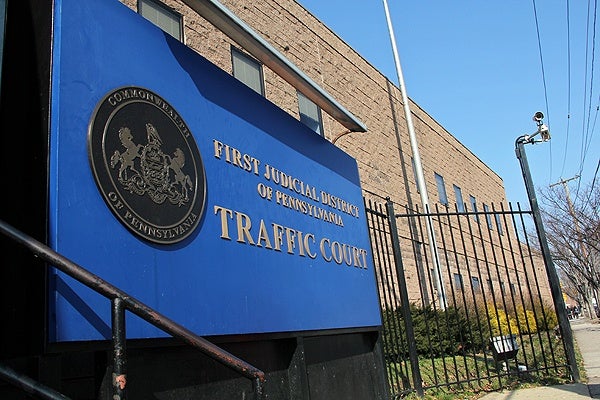
Philadelphia Traffic Court on 8th Street at Spring Garden. (Emma Lee/for NewsWorks)
-
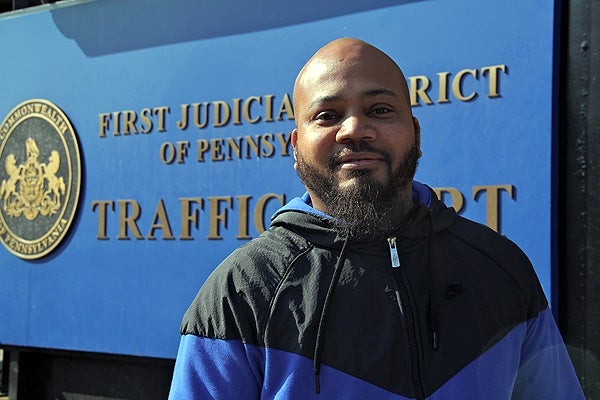
Raymond Caliman got on a plan to pay his ticket for driving with a suspended license. (Emma Lee/for NewsWorks)
-
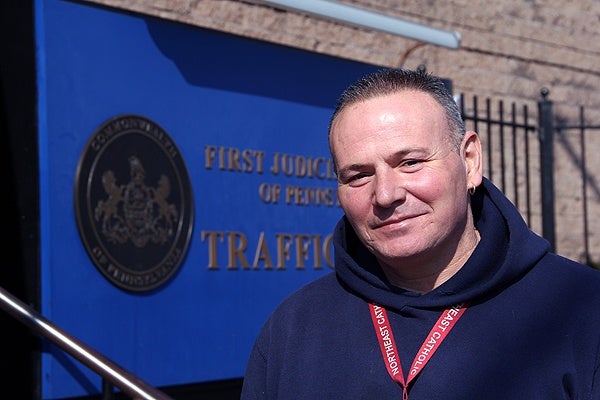
John Stinglin, from Northeast Philadelphia, wonders if judges in the proposed new system would be more strict than Traffic Court judges. (Emma Lee/for NewsWorks)
-
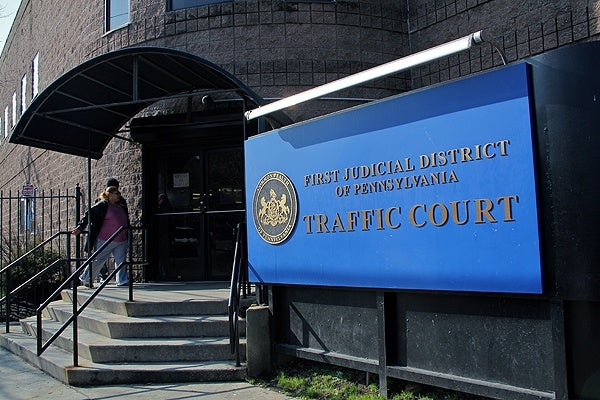
Philadelphia Traffic Court on 8th Street at Spring Garden. (Emma Lee/for NewsWorks)
-
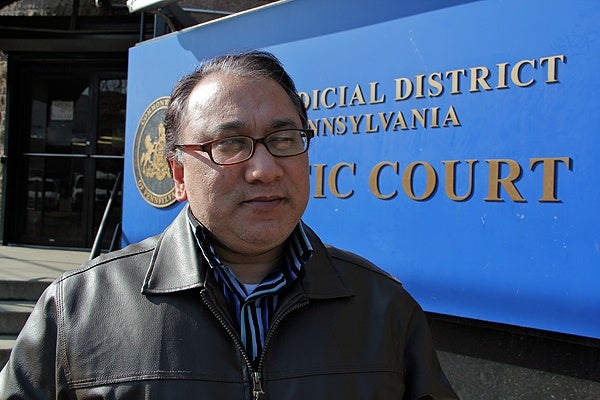
Mohammed Kalam is cab driver who got a ticket from an officer at 16th and Lombard Streets. (Emma Lee/for NewsWorks)
The times are changing at one of Philadelphia’s most maligned institutions: Traffic Court. The Pennsylvania legislature is moving to abolish the court and send traffic cases to Municipal Court. The move comes just weeks after Traffic Court judges and former judges were charged with ticket fixing and corruption.
For every Traffic Court visitor who leaves in a calm state, it seems at least three others storm out clutching papers, their eyes full of fire.
Mohammed Kalam was one of the latter. He complained that judges don’t want to listen to stories and explanations from people who have been ticketed. They just want people to pay up.
Then there’s Miasha Denise McCoy, who complained, “They let somebody get a $146 ticket in my name and I never been pulled over for cops and I got a citation.”
And, also angry from his visit to Traffic Court, Leroy Purnell claimed the court doesn’t care about the details. “They just want your money. They don’t want to explain nothing to you about your situation or anything; they just want money. Money, money, money! It should be called Traffic Money Court!”
Lynn Marks is Executive Director of Pennsylvanians for Modern Courts, a nonpartisan organization. She said the Municipal Court move is an important step toward reform. But, she said, “Structural reform is not enough. Policymakers, community leaders, and everyday Philadelphians must work together to change the culture of favoritism and backroom dealing that has plagued Philadelphia Traffic Court almost from its inception.”
Marks added that judges and court staff could benefit from comprehensive ethics training, and Philadelphians could learn as well. “Community education programs that teach Philadelphians about the importance of our courts and the role of judges and increased transparency and accountability in the adjudication of traffic tickets will go a long was toward ensuring lasting change.”
Specifically, Marks said what she sees as an existing weakness in the system, continues. “All judges in Pennsylvania, from the Traffic Court all the way up to the state Supreme Court, are elected in partisan elections and this legislation would not change that.” Marks said it leaves the possibility that fundraising and campaigning will trump choosing judges for their qualifications and judicial temperament.
WHYY is your source for fact-based, in-depth journalism and information. As a nonprofit organization, we rely on financial support from readers like you. Please give today.




